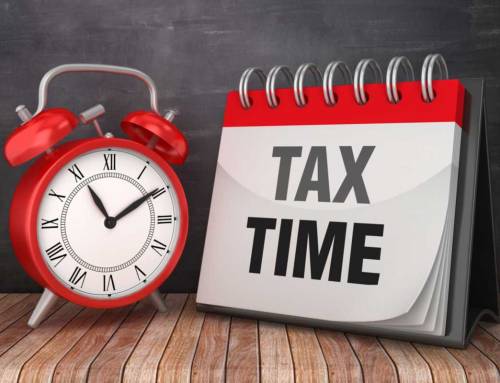How to increase your credit score
We highly recommend you check your credit score regularly, but even if you do check your score, you may be unsure as to what you should do with the number. What does it even mean? What steps can you take to increase your credit score?
If you’re concerned about the latter, review these steps (while also remembering it may take up to 60 days to see any real change in your score. So be patient, and keep working towards cleaning up your credit.)
- Work towards lowering your credit utilization ratio below 30 percent. Your credit utilization ratio is the amount of money you owe on a card compared to the spending limit on that card. To reduce your credit utilization ratio, you could either work on the ratio’s numerator – paying off your debt – or denominator – ask your creditor to see if they will increase your limit. If you are really ambitious, you could always work on both!
- Beef up your credit history. The length and/or extent of your credit history impacts your score. To keep your credit history strong, leave credit cards open even if you don’t use them. You could also look into becoming an authorized user on someone else’s card. Of course, check to make sure that person is a responsible credit user.
- Diversify the types of credit you use. You can do this by opening specialized cards such as gas cards or store cards. These cards are also useful for racking up rewards and preventing you from spending your card on anything but gas, for example.
Beyond these steps, you can also set up alerts to make sure you pay your bills and monitor your score regularly. Monitoring helps catch fraud before it impacts your score significantly.






